Water and Justice Resource Guide
July 23, 2025
Sarah Deckert and Shaylyn Pelikys

The Nibi Declaration of Treaty #3 begins, “Nibi (water) is alive and has a spirit. It is the lifeblood of our mother (aki) and connects everything. It can give, sustain and take life.” Indigenous knowledges teach us to relate to water not as a resource to be extracted but as a living being to be loved and respected. As you engage with the podcasts, documentaries, books and other resources included in this preliminary resource guide, we hope that you will do so while holding on to the central truth of the Nibi Declaration: “Nibi (water) is alive and has a spirit.”
Download the screen reader friendly Water and Justice Resource Guide here:


Pride in Health 2024 Art Catalogue
Pride in Health 2024 Art Catalogue
July 22, 2025
Mikayla Hunter, Pauline Tennent, and Angela Ciceron
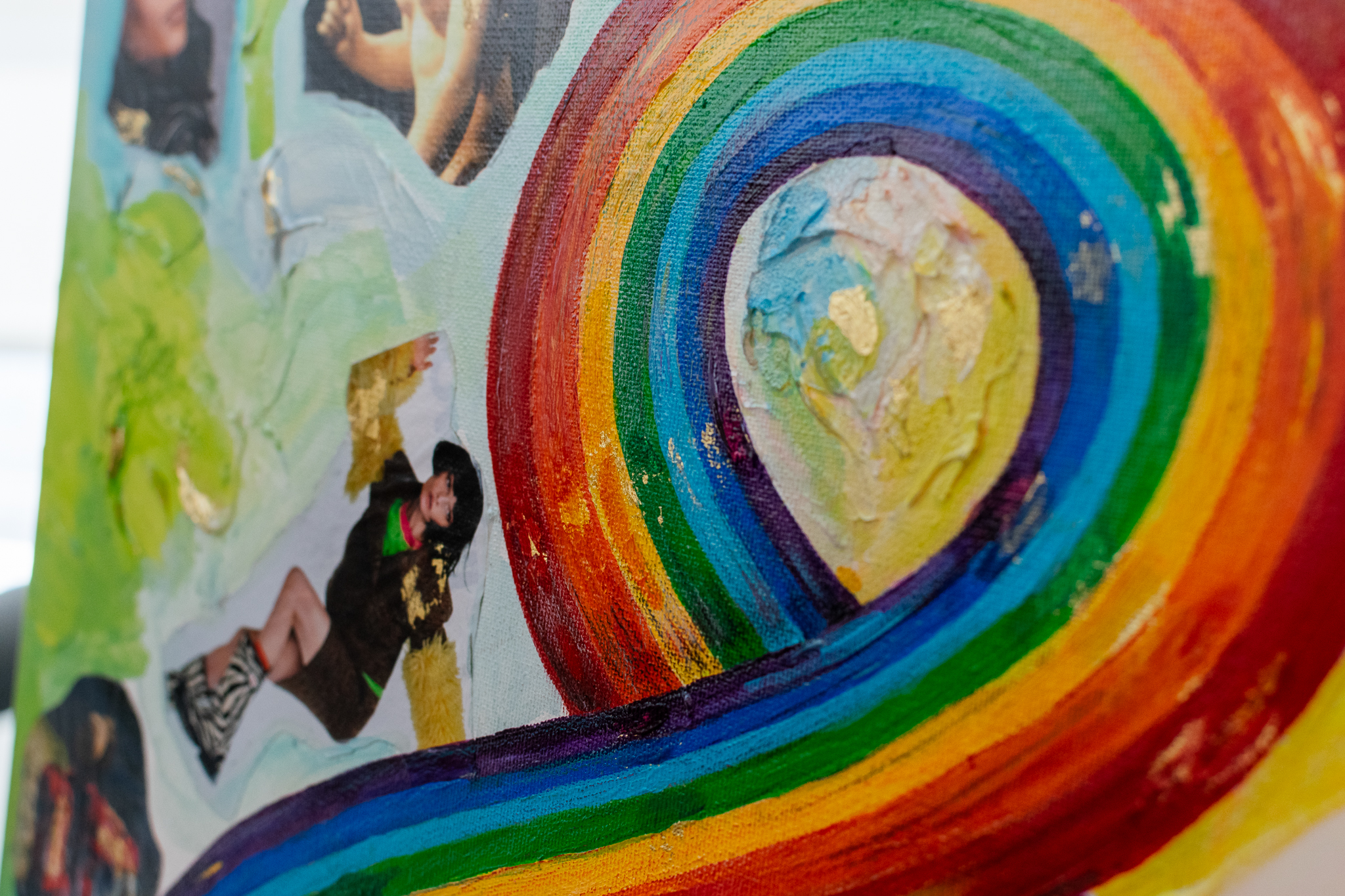
This art catalogue contains all the art pieces from Pride in Health 2024 for which the organizing committee received written consent from the artists to publish. Artists who did not expressly consent are not included in this catalogue. This decision was made to ensure that only those who felt safe enough to have their name and work published are included.
Pride in Health was an interdisciplinary health research conference focused on the 2SLGBTQIA+ community that was held on October 24th and 25th, 2024 in Winnipeg, Manitoba, Canada. Amidst the rising tide of 2SLGBTQIA+ hate, Pride in Health was envisioned as a space for people to be in community with each other and to highlight the importance of equity for 2SLGBTQIA+ people. Pride in Health also served as a mechanism to share the world-class 2SLGBTQIA+ health research that is happening globally.

Abortion is Healthcare Colouring Page
Abortion is Healthcare Colouring Page
June 13, 2025
Aubrey Yuol

Centring the phrase “Abortion is Healthcare”, this colouring page reflects the importance of abortion access and gender equity in the CHRR’s work towards reproductive justice. This printable page is free to use for communities and in classrooms. This artwork was created by Aubrey Yuol.

Period Poverty and Equity Zotero Library
Period Poverty and Equity Zotero Library
May 29, 2025
Hannah Belec
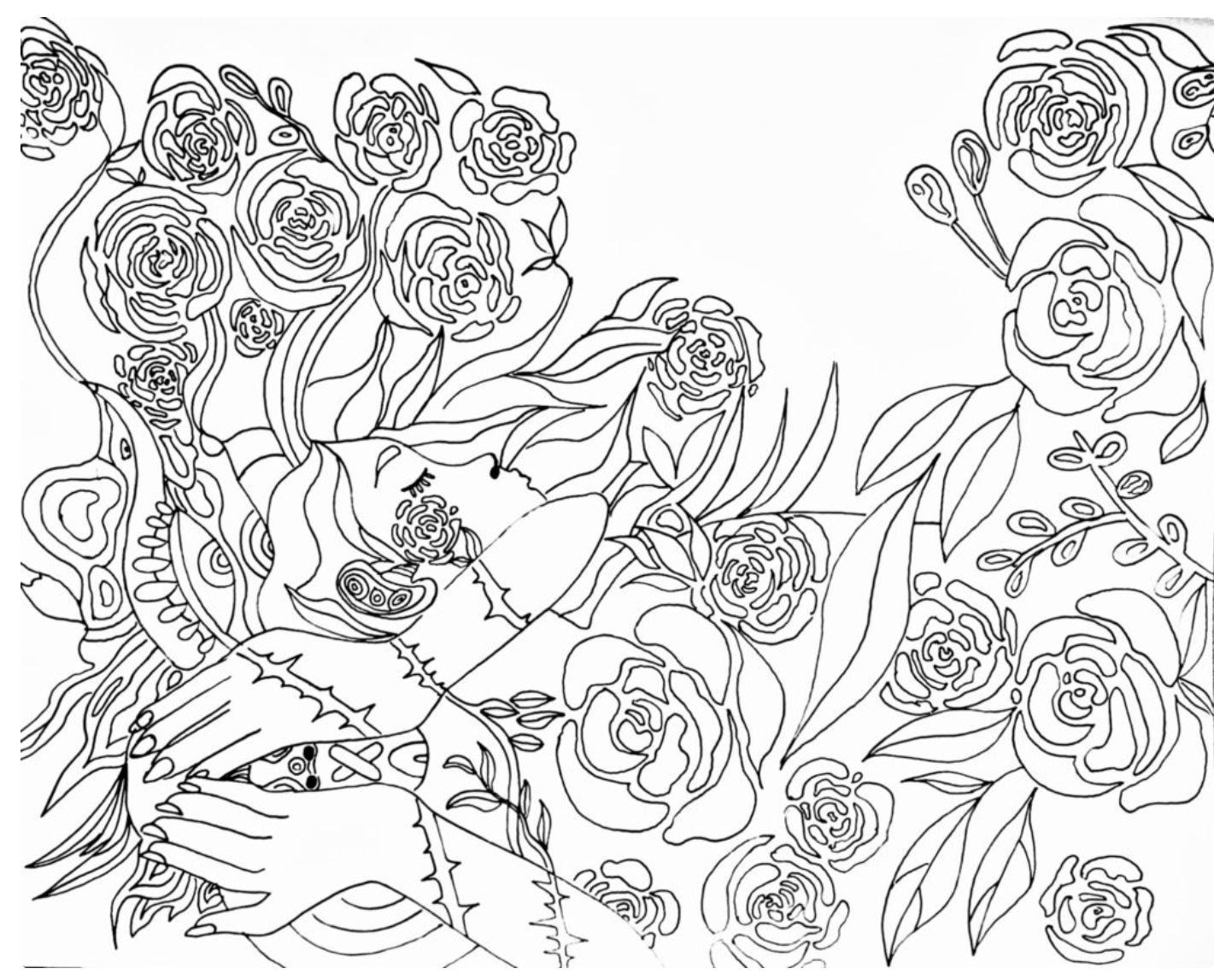
As a part of the Period Poverty and Equity, on Campus and Beyond project, a Zotero library was created to aid in gathering and organizing resources related to the project. Zotero is a free, easy-to-use tool to help you collect, organize, annotate, cite, and share research.
To access the Zotero library, click here.
The creation of this library was a collaborative project. We are grateful to the research team, comprising Dr. Pauline Tennent, Dr. Adele Perry, Dr. Lindsay Larios, and Dr. Julia Smith, as well as the projector coordinator, Chloe Vickar, and student research assistants, Bethel Alemaio, Hannah Belec, Mikayla Hunter, and Victoria Romero for their work on this project.
Period Poverty and Equity, on Campus and Beyond is funded by the University of Manitoba Strategic Initiatives Support Fund, and with support from the Faculty of Arts, to bring together faculty and staff, with students and organizations, to address period poverty (the increased economic vulnerability resulting from the financial burden posed by the need for menstrual supplies) and promote period equity.
To learn more about Period Poverty and Equity, on Campus and Beyond, visit https://chrr.info/current-projects-2/past-projects/period-poverty-and-equity-on-campus-and-beyond/.

A Discussion on Indigenous Water (In)Security – HWISE-RCN
A Discussion on Indigenous Water (In)Security - HWISE-RCN
April 2022
HWISE-RCN
With the Household Water Insecurity Experiences (HWISE) – Research Coordination Network (RCN), Dr. Nicole Wilson chaired a panel discussion in April 2022 on the many complexities of water (in)security for Indigenous peoples. Panelists engaged with the ways that water (in)security is (re)produced by jurisdictional and regulatory injustices and the broader political and economic asymmetries created by settler-colonial water governance. They also explored the distinct understandings of security and well-being that flow from Indigenous relationships to water as a living entity and the ways they shape desirable water futures. View the discussion below.

Water Justice is Menstruation Justice: A Conversation with Co-Resistors– Graphic Recording
Water Justice is Menstruation Justice: A Conversation with Co-Resistors-- Graphic Recording
February 20, 2025
Roxanne Balan

In February 2025 Just Waters and the Centre for Human Rights Research hosted a panel on the topic, “Water Justice is Menstruation Justice: A Conversation with Co-Resistors.” We were honored to open the event with a Water & Tobacco Ceremony with Knowledge Keepers Ramona Milliea and Bill Milliea.
Following a presentation from Veronica Brown of Moon Time Connections, a panel discussion moderated by Chrstine Cyr (University of Manitoba) and Dr. Lisa Smith (Douglas College) explored the intersection of water justice and menstruation justice in Canada. Panelists included Emma Cowman (University of Manitoba), Alicia Horton (Douglas College), and Janessa Roy (MTC).
A graphic recording of the discussion was created by Roxanne Balan.

History in the Hot Seat: Colonialism and the Knowing and Teaching of Canada’s Past – A Final Report
History in the Hot Seat: Colonialism and the Knowing and Teaching of Canada’s Past - A Final Report
2024
Hannah Belec, Katja Buchholz, Jamie Nienhuysen, Adele Perry, Sean Carleton, Jocelyn Thorpe, and Pauline Tennent
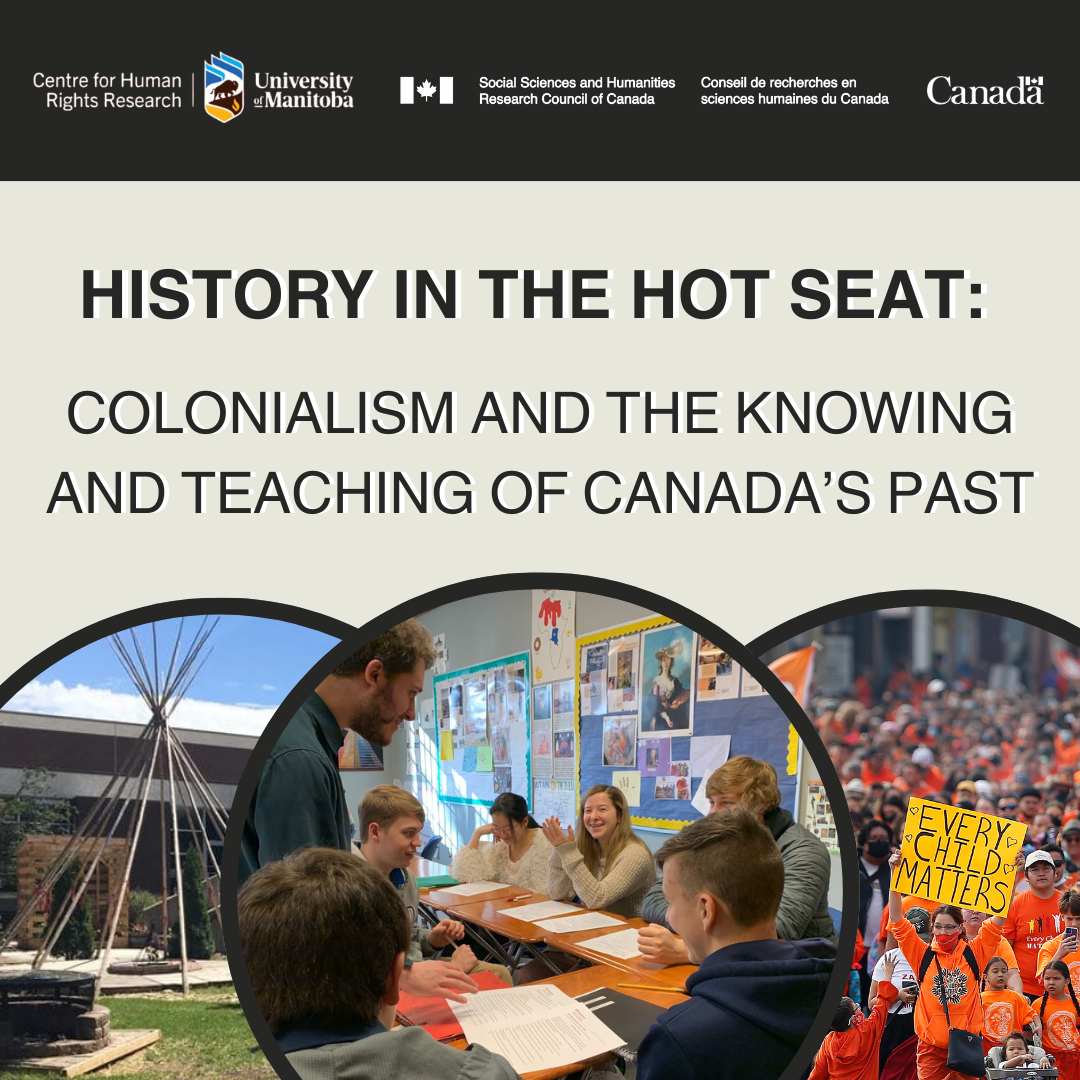
In recent years, we have witnessed a sustained questioning of how we understand, remember, and celebrate Canada’s past in light of ongoing histories of colonization, dispossession, and systemic racism. In conventional scholarly publications, grey literature, and popular media, we can see a reconsideration of Canada’s past and how it should be taught, understood, and marked within and beyond academia. This reckoning with imperial and racial pasts is global in scope but has had a particular trajectory and impact within the context of Canada. Canada’s past has been in the hot seat. The History in the Hot Seat Knowledge Synthesis project identifies and assesses the state of current English-language knowledge in Canada that has been produced since History in the Hot Seat works to provide knowledge that will be valuable for academics, public history professionals and organizations, educators and others working to develop and sustain visions of Canada’s past that recognize the role of colonization, dispossession, and systemic racism in Canada’s past.
History in the Hot Seat is part of the 2024 Knowledge Synthesis Grant Competition, funded by the Social Sciences and Humanities Research Council (SSHRC) in partnership with Canadian Heritage, Genome Canada, and UK Research Innovation’s Arts and Humanities Research Council (UKRI-AHRC). The theme of the 2024 Knowledge Synthesis Grant Competition, “Evolving Narratives of Cultures and Histories,” aims to assess and mobilize the existing knowledge on how factors such as globalization, war, colonization, racism, slavery, climate change, technology, social media, and more have shaped or changed cultural and historical narratives.

Connecting Gender and Water Justice: A Zine
Connecting Gender and Water Justice: A Zine
March 21, 2025
Just Waters
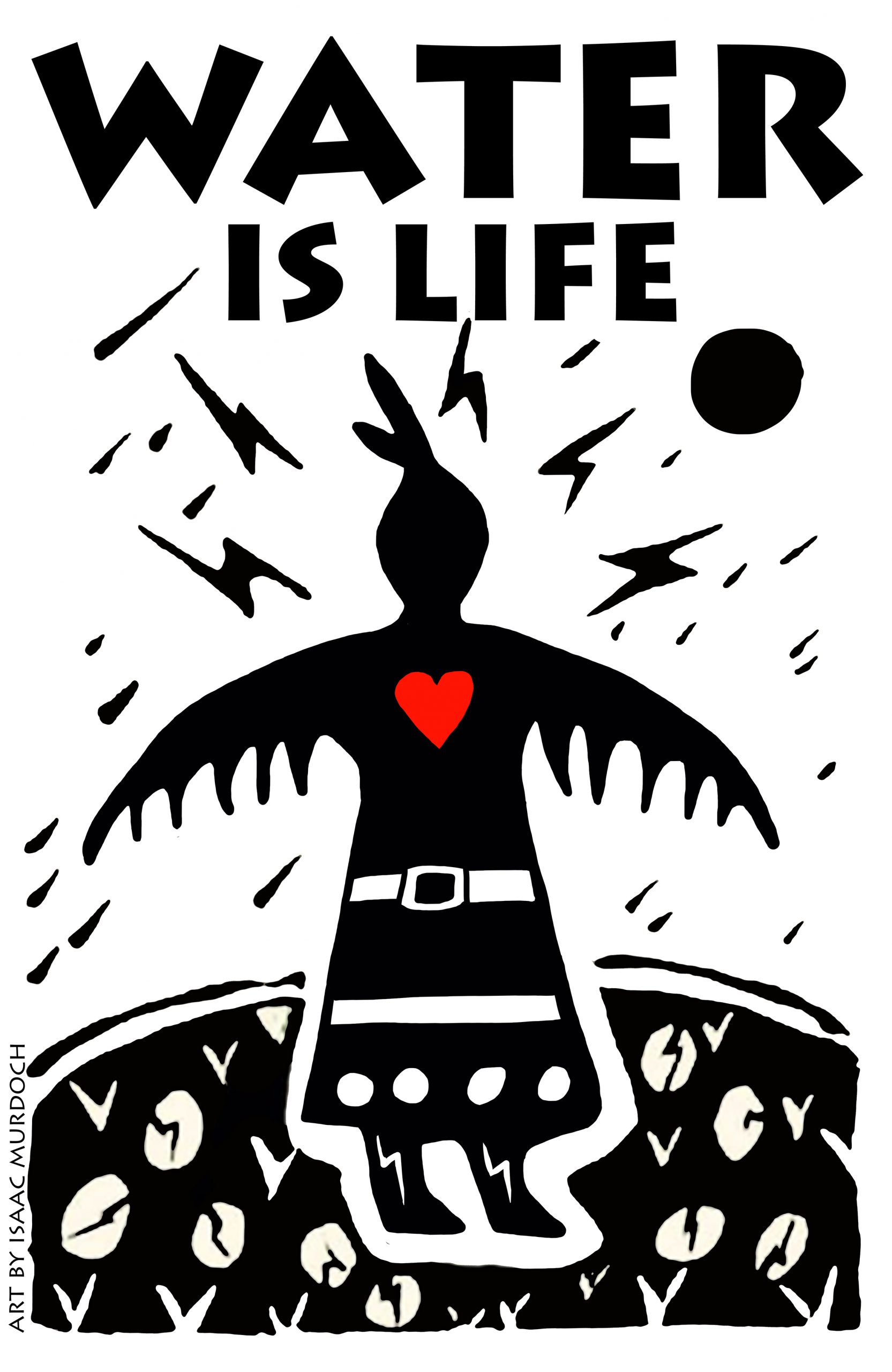
Created by the student research assistants in the Just Waters project, this zine is in commemoration of Women’s Month and World Water Day in 2025, with the aim of connecting water justice and gender equality. The pieces included in the zine were created to celebrate the role of women in protecting water systems, and to call for stronger connections between environmental and gender advocacy.
This zine features the work of the Onaman Collective, which is formed by Indigenous artists Isaac Murdoch and Christi Belcourt. These banners were created for use in actions related to water and land protection. Read more about the banners here.

The Lake St. Martin Story
March 12, 2025
Cameron Armstrong
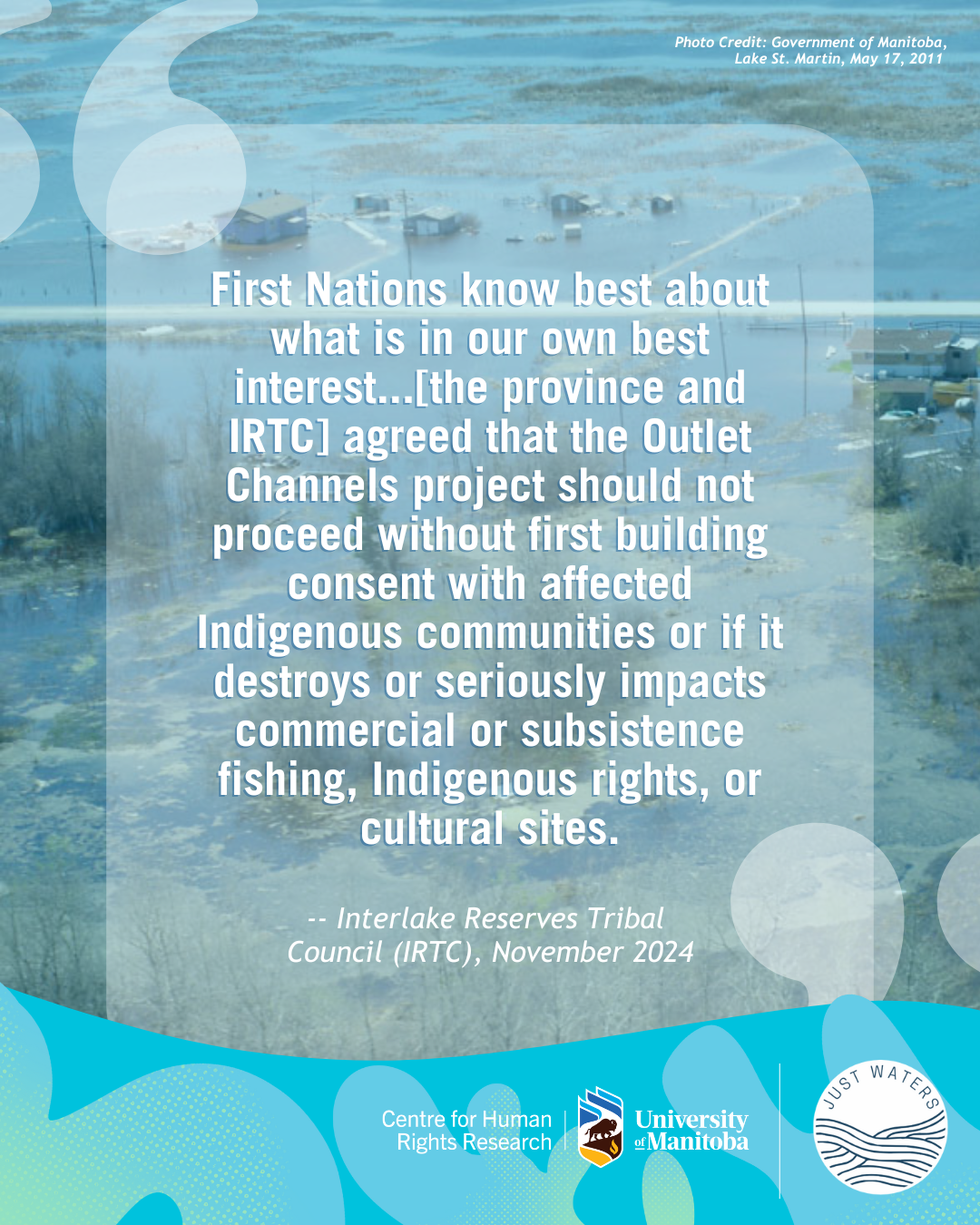
Water control structures have disempowered and displaced First Nations, destroying livelihoods in the name of development, upholding colonial systems and perpetuating environmental racism. One such case is that of Lake St. Martin and the Lake St. Martin First Nation.
As part of the Just Waters project, student RA Cameron Armstrong wrote a plain language summary giving an account of 50+ years of artificial flooding that have impacted the Lake St. Martin First Nation in a myriad of ways, including long term evacuation. Download the resource to find out more.

My Body, My Choice, Our Struggle: A Conversation on Reproductive Justice
My Body, My Choice, Our Struggle: A Conversation on Reproductive Justice
February 28, 2025
Angela Ciceron

On Thursday, February 6th 2025, the Centre for Human Rights Research and the International Human Rights Clinic at the University of Manitoba hosted a webinar titled “My Body, My Choice, Our Struggle: A Conversation on Reproductive Justice.”
Focusing on the struggles and movements for reproductive justice, this panel discussion featured Kemlin Nembhard (Women’s Health Clinic); Jacquie Nicholson (Feminist AF Marching Band), Harlie Pruder (Northern Reproductive Justice Network), and Linda Taylor (Founding Board of Directors of Women’s Health Clinic).

Contact Us
We’d love to hear from you.
442 Robson Hall
University of Manitoba
Winnipeg, Manitoba
R3T 2N2 Canada
204-474-6453
Quick Links
Subscribe to our mailing list for periodic updates from the Centre for Human Rights Research, including human rights events listings and employment opportunities (Manitoba based and virtual).
Land Acknowledgement
The University of Manitoba campuses are located on original lands of Anishinaabeg, Ininew, Anisininew, Dakota and Dene peoples, and on the National Homeland of the Red River Métis.
Centre for Human Rights Research 2023© · Privacy Policy

